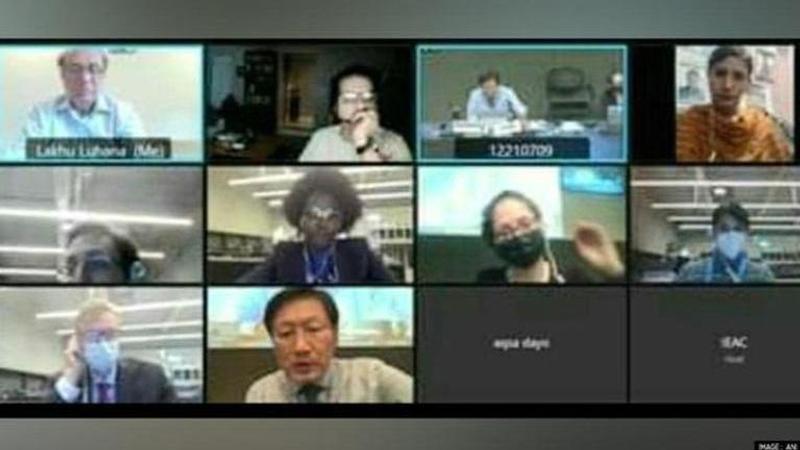Published 23:06 IST, October 13th 2021
World Sindhi Congress highlights enforced disappearances in Pakistan with UN Working Group
During a meeting held on September 29, with the UN Working Group, the World Sindhi Congress discussed the present state of enforced disappearances in Pakistan.

During a meeting held on September 29, with the UN Working Group on Enforced and Involuntary Disappearances (WGEID), the World Sindhi Congress (WSC) discussed the present state of enforced disappearances in Pakistan's Sindh province.
"Young people are abducted from their homes and produced by the state months later on false charges in order to keep them in prison," the WSC said in a statement, ANI reported.
The WSC brought up the instance of Syed Zain Shah, who was charged with terrorism for democratically organising demonstrations in Bahria Town. The WGEID Chairman promised to keep an eye on the instances of missing Sindhi people. The WSC expressed gratitude to the WGEID and stated that it will continue to advocate and engage with the UN for the release of the victims.
Dr. Saghir Shaikh, Director of the World Sindhi Congress in the United States, discussed the current state of enforced disappearances in Sindh and informed the audience that disappearances continue in the province. The Pakistani authorities have utilised enforced disappearance as a means to silence minority communities. Thousands of abductees have been executed, while many more are currently being tortured in army secret prisons, according to Dawn, ANI reported.
Islamabad has turned into hell for religious minorities
Islamabad has discriminated against religious minorities, resulting in targeted violence, mass murders, extrajudicial killings, abductions, rapes, and forced conversion to Islam, among other things, making Pakistani Hindus, Christians, Sikhs, Ahmadiyyas, and Shias among the region's most persecuted minorities.
The United States' 2020 report on International Religious Freedom (IRF), released earlier this year, noted a downward spiral of religious expression in Pakistan, most notably in the form of blasphemy laws, which carry a death penalty as punishment.
According to the IRF research, there were numerous people imprisoned on blasphemy allegations in 2018, with at least 35 of them receiving death sentences, compared to 82 people imprisoned on blasphemy charges in 2019 and 29 receiving death sentences.
(With inputs from ANI)
Image: ANI
Updated 23:04 IST, October 13th 2021




